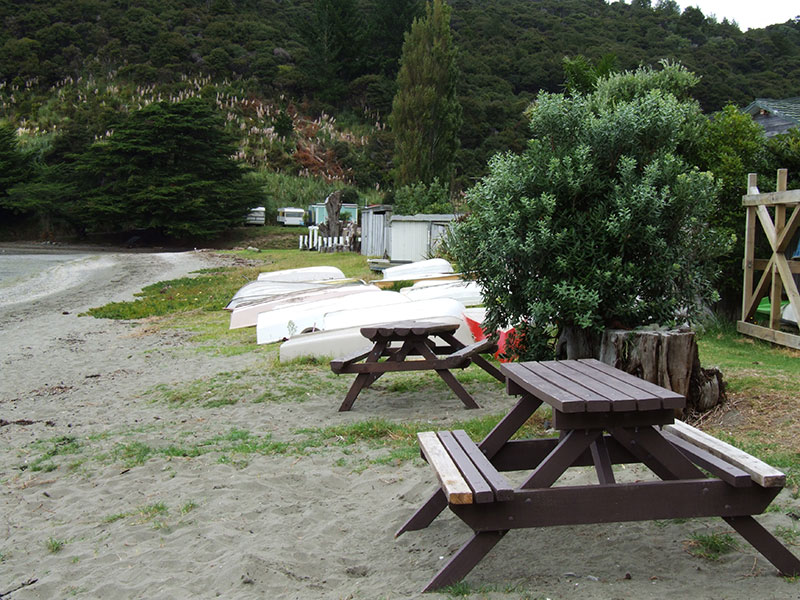Becoming Resilient
Surviving in an emergency

HOUSEHOLD RESILIENCE PLAN
- A small, scattered community cannot sustain a major community-wide relief project because in major emergencies most residents will need, at least initially, to attend to their own households’ and immediate neighbours’ needs;
- Because we are a small scattered community our needs are likely to be attended to only after larger populations’ needs have been met which means we may have to look after ourselves for longer;
- Our more practical approach is to promote resilience through education and training in households and clusters of households before emergencies arise;
- The information on this website is intended to help households prepare for emergencies in which the area is cut off and they have to be self-sufficient for 72 hours.
Aiming For Resilience
The most resilient communities are those in which households are prepared for emergencies. Resilient households will have made preparations to ensure that they have power, water, sanitation and communication services, first aid, food and water supplies for at least 72 hours.
Strategy
The Community Resilience Group has provided the following information to help households prepare for emergencies, identify and manage risks and react to emergencies.
General Content:
This page provides links to material which has already been prepared by emergency management experts and expertly presented by well-funded organisations such as St Johns, Red Cross and Civil Defence and which is available free and can be uploaded to cellphones and tablets.
Rural Living Content:
This page presents material for preparing for and dealing with specific challenges, which may not be covered in general material, and are the consequence of vulnerability of our rural infrastructure, distances from emergency services, and the delays in getting professional assistance.
Mahurangi West Services:
The third section covers challenges which relate specifically to Mahurangi West and would relate to a situation in which the area is effectively cut-off from emergency services by such things as road failure or major tree falls.
